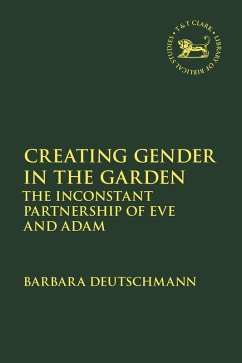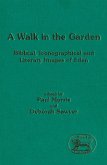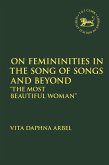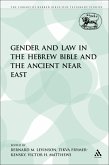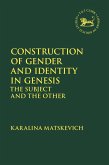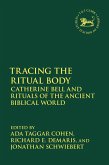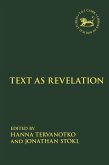Winner of the 2023 ANZATS Award for the Best Monograph by an Emerging Scholar
What can explain the persistence of gender inequality throughout history? Do narratives such as the Eden story explain that dissymmetry or contribute to it? This book suggests that the Hebrew Bible began and has sustained a rich conversation about sex and gender throughout its life. A literary study of the Garden of Eden story reveals a focus on the human partnership as integral to the divine creation project. Texts from other Hebrew Bible genres build a picture of robust and flexible partnerships within a patriarchal framework.
In popular culture, Eve still carries the stench of guilt while Adam, seemingly unscathed by Eden events, remains a positive symbol of manhood. This book helps explain why they have had such different histories. The book also charts the subversive alternate streams of interpretation of women's writings and rabbinic texts.
The story of Adam and Eve demonstrates how conceptions of gender in both ancient and modern worlds reflect larger philosophical schemes. Far from existing as timeless verities, female and male relations are constructed according to cultural imperatives of the day. Understanding the different ways that Adam and Eve have been conceived gives us perspective on our own twenty-first century gender architecture.
What can explain the persistence of gender inequality throughout history? Do narratives such as the Eden story explain that dissymmetry or contribute to it? This book suggests that the Hebrew Bible began and has sustained a rich conversation about sex and gender throughout its life. A literary study of the Garden of Eden story reveals a focus on the human partnership as integral to the divine creation project. Texts from other Hebrew Bible genres build a picture of robust and flexible partnerships within a patriarchal framework.
In popular culture, Eve still carries the stench of guilt while Adam, seemingly unscathed by Eden events, remains a positive symbol of manhood. This book helps explain why they have had such different histories. The book also charts the subversive alternate streams of interpretation of women's writings and rabbinic texts.
The story of Adam and Eve demonstrates how conceptions of gender in both ancient and modern worlds reflect larger philosophical schemes. Far from existing as timeless verities, female and male relations are constructed according to cultural imperatives of the day. Understanding the different ways that Adam and Eve have been conceived gives us perspective on our own twenty-first century gender architecture.

